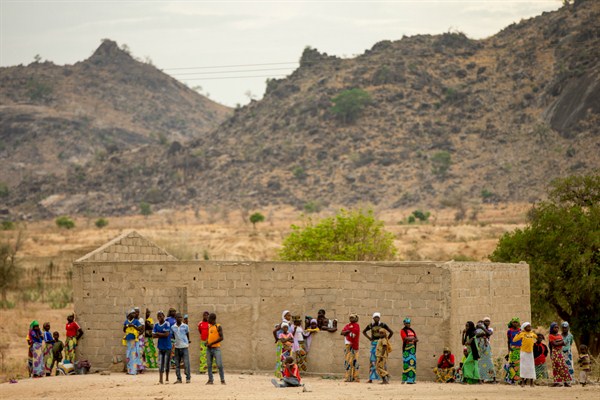On Dec. 11, three days after four people were reportedly killed in the latest clashes between protesters and security forces in the city of Bamenda in northwestern Cameroon, the government’s communications minister issued a statement suggesting the demonstrators’ main grievance was a nonissue.
For more than a month, Cameroonians in the country’s English-speaking regions had been publicly criticizing the use of French in courts and schools and, more broadly, the perceived marginalization of the minority Anglophone population. That issue, which has roots in Cameroon’s colonial history, is a decades-old source of tension.
Yet in his statement, the minister, Issa Tchiroma Bakary, said the protesters had been manipulated by those invested in sowing “disorder and intolerance” to undermine peace and unity. Cameroon, he said, was under threat by “genuine insurgents” who exaggerated Anglophones’ feelings of frustration for their own ends.

